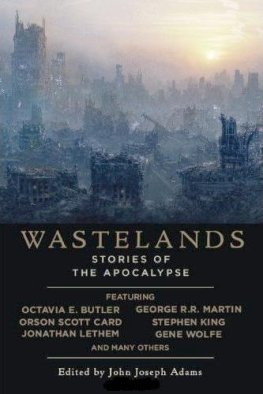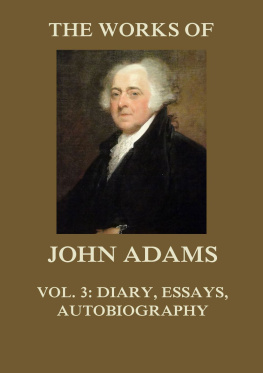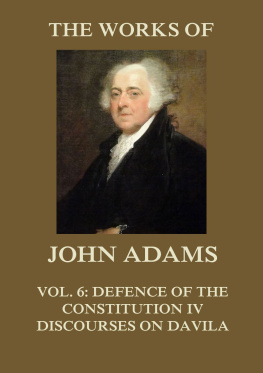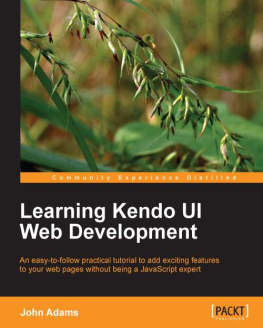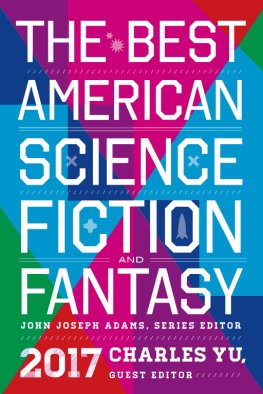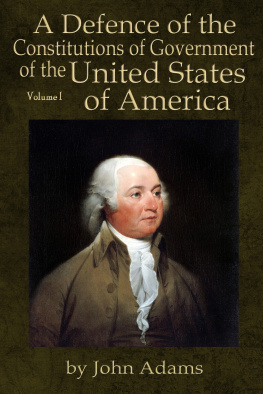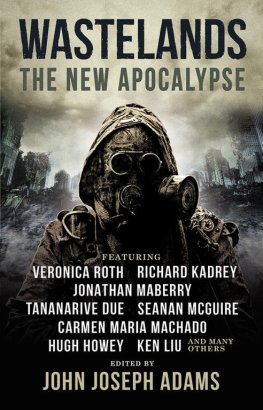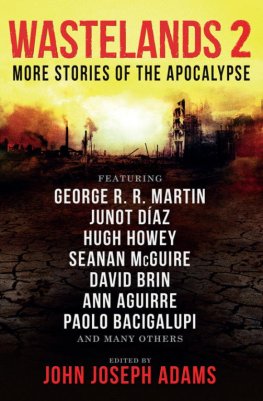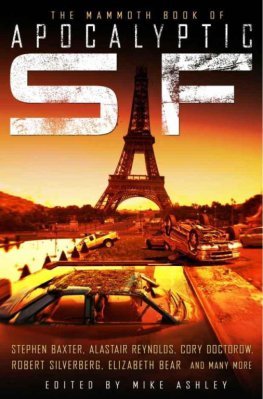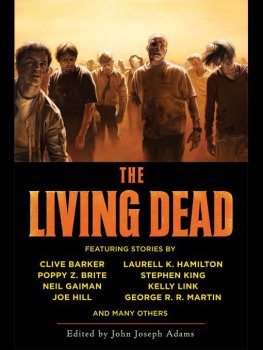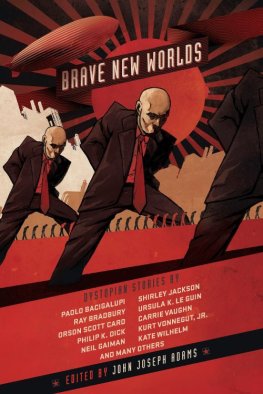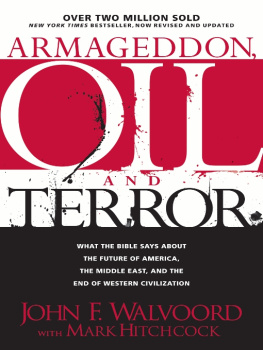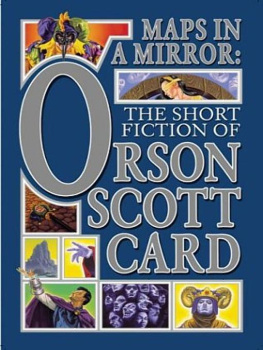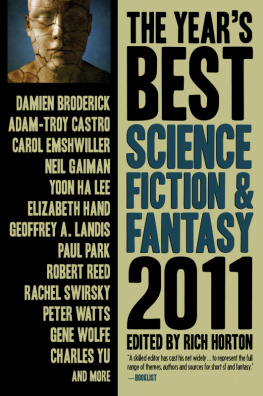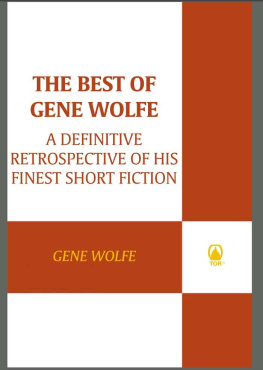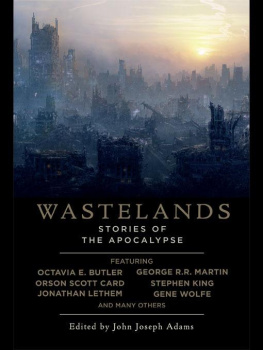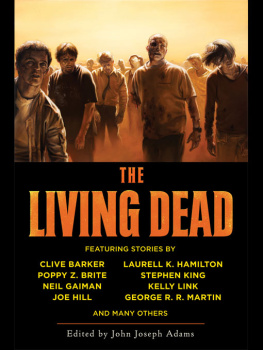WASTELANDS
STORIES OF THE APOCALYPSE
Edited by John Joseph Adams
Introduction by John Joseph Adams
Famine. Death. War. Pestilence. These are said to be the harbingers of the biblical apocalypse Armageddon, The End of The World. In science fiction, the end of the world is usually triggered by more specific means: nuclear warfare, biological disaster (or warfare), ecological/geological disaster, or cosmological disaster. But in the wake of any great cataclysm, there are survivors and post-apocalyptic science fiction speculates what life would be like for them.
The first significant post-apocalyptic work is The Last Man (1826), by the mother of science fiction Frankenstein author Mary Shelley so the sub-genre is in essence as old as science fiction itself. Although its origins are firmly rooted in science fiction, post-apocalyptic fiction has always been able to escape traditional genre boundaries. Several classic novels of the genre, such as Alas, Babylon by Pat Frank, On the Beach by Nevil Shute, and Earth Abides by George R. Stewart, were published as mainstream novels. That trend is seeing a resurgence, with authors like Cormac McCarthy venturing into post-apocalyptic territory with his bleak new novel The Roadwhich was not only a best-selling book and an Oprah Book Club pick, but a winner of the Pulitzer Prize as well.
But SF has produced its share of novel-length classics as well, including the undisputed king of the sub-genre, Walter Millers A Canticle for Leibowitz. Not to mention Leigh Bracketts The Long Tomorrow, John Christophers No Blade of Grass, or Wilson Tuckers criminally underappreciated The Long Loud Silence. I could go on and on and I do in the For Further Reading appendix youll find at the end of this book.
Post-apocalyptic SF first rose to prominence in the aftermath World War II no doubt due in large part to the world having witnessed the devastating destructive power of the atomic bomb and reached the height of its popularity during Cold War, when the threat of worldwide nuclear annihilation seemed a very real possibility.
But when the Berlin Wall fell, so did the popularity of post-apocalyptic fiction. If you examine the copyright page of this anthology, youll note that just two of the stories in this volume were written in the 90s. On the other hand, more than half of these stories were originally published since the turn of the millennium. So why the resurgence? Is it because the political climate now is reminiscent of the climate during the Cold War? During times of war and global unease, is it that much easier to imagine a depopulated world, a world destroyed by humanitys own hand?
Is that all there is to it, or is there something more? What is it that draws us to those bleak landscapesthe wastelands of post-apocalyptic literature? To me, the appeal is obvious: it fulfills our taste for adventure, the thrill of discovery, the desire for a new frontier. It also allows us to start over from scratch, to wipe the slate clean and see what the world may have been like if we had known then what we know now.
Perhaps the appeal of the sub-genre is best described by this quote from The Manhattan Phone Book (Abridged) by John Varley:
We all love after-the-bomb stories. If we didnt, why would there be so many of them? Theres something attractive about all those people being gone, about wandering in a depopulated world, scrounging cans of Campbells pork and beans, defending ones family from marauders. Sure its horrible, sure we weep for all those dead people. But some secret part of us thinks it would be good to survive, to start over.
Secretly, we know well survive. All those other folks will die. Thats what after-the-bomb stories are all about.
Or is that just the beginning of the conversation? Read the stories, and you decide.
The stories in this volume go beyond the wandering, scrounging, and defending that Varley describes above. What you will find here are tales of survival and of life in the aftermath that explore what scientific, psychological, sociological, and physiological changes will take place in the wake of the apocalypse.
What you will not find here are tales depicting the aftermath of aliens conquering the Earth, or the terror induced by a zombie uprising; both scenarios are suitably apocalyptic, but are subjects for another time (or other anthologies, as it were).
In the stories that follow, you will find 22 different science fictional apocalyptic scenarios. Some of them are far-fetched and unlikely, while others are plausible and all-too-easy to imagine. Some of the stories flirt with the fantastic. Many venture into horrific territory. All of them explore one question:
What would life be like after the end of the world as we know it?
The End of the Whole Mess
by Stephen King
Stephen King needs no introduction. He is the award-winning, best-selling author of novels such as Carrie and the post-apocalyptic masterpiece The Stand. Although he is most well-known for his novels and the movies theyve inspired, he is a prolific author of short fiction as well, having written enough of it to warrant several collections including: Everythings Eventual, Night Shift, Skeleton Crew, and Nightmares & Dreamscapes. The End of the Whole Mess, appeared in the latter volume, but was originally published in Omni magazine in 1986. It was nominated for the World Fantasy Award, and was recently adapted into a one-hour movie as part of a TNT Nightmares & Dreamscapes miniseries.
There are several factors that go into deciding which story to lead off an anthology with. You might pick a story thats by a high-profile contributor, one thats uncommonly good and packs a strong emotional punch, or one that will set the tone for the rest of the book; this story is all three.
I want to tell you about the end of war, the degeneration of mankind, and the death of the Messiahan epic story, deserving thousands of pages and a whole shelf of volumes, but you (if there are any "you" later on to read this) will have to settle for the freeze-dried version. The direct injection works very fast. I figure Ive got somewhere between forty-five minutes and two hours, depending on my blood-type. I think its A, which should give me a little more time, but Ill be goddamned if I can remember for sure. If it turns out to be O, you could be in for a lot of blank pages, my hypothetical friend.
In any event, I think maybe Id better assume the worst and go as fast as I can.
Im using the electric typewriterBobbys word-processor is faster, but the gennys cycle is too irregular to be trusted, even with the line suppressor. Ive only got one shot at this; I cant risk getting most of the way home and then seeing the whole thing go to data heaven because of an ohm drop, or a surge too great for the suppressor to cope with. My name is Howard Fornoy. I was a freelance writer. My brother, Robert Fornoy, was the Messiah. I killed him by shooting him up with his own discovery four hours ago. He called it The Calmative. A Very Serious Mistake might have been a better name, but whats done is done and cant be undone, as the Irish have been saying for centuries which proves what assholes they are.
Shit, I cant afford these digressions.
After Bobby died I covered him with a quilt and sat at the cabins single living room window for some three hours, looking out at the woods. Used to be you could see the orange glow of the hi-intensity arc-sodiums from North Conway, but no more. Now theres just the White Mountains, looking like dark triangles of crepe paper cut out by a child, and the pointless stars.
I turned on the radio, dialled through four bands, found one crazy guy, and shut it off. I sat there thinking of ways to tell this story. My mind kept sliding away toward all those miles of dark pinewoods, all that nothing. Finally I realized I needed to get myself off the dime and shoot myself up. Shit. I never could work without a deadline.

